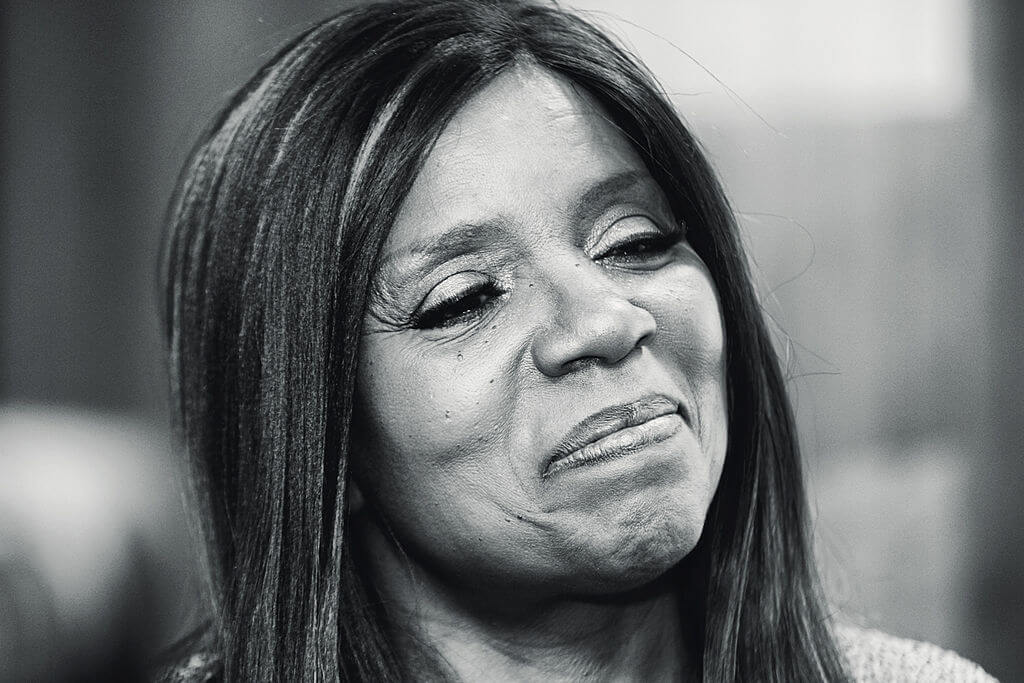Calm • Perspective
I Will Survive!
In October 1976, one of the greatest pop songs of the 20th century was heard for the first time: Gloria Gaynor’s eternal assertion of defiance I Will Survive. It was initially released as a B side, but it quickly became one of the bestselling singles of all time thanks to its power to touch something universal in the human soul.

Gloria Gaynor hadn’t written the song herself. The words had, in fact, been penned by Dino Ferkaris, a rather successful, but temporarily disgruntled, professional songwriter who’d just been sacked by Motown Records.
The song is in part a recollection of being trampled upon, of being taken for granted, but it’s not really about the wrong others have done to us; it’s an honest appraisal of the way we have let them do these things to us, because we have been insufficiently on our own side.
At first, I was afraid, I was petrified
Kept thinking I could never live without you by my side
The other has undoubtedly harmed us, but the deeper problem is that we have not known how to esteem ourselves highly enough to stop them doing so. They thought that we would crumble and lay down and die and they did so for good reason: because this is what we did so many times before. The beauty of the song is that it doesn’t deny that we have been accomplices to the bad treatment that we have traditionally been accorded. We identify with its heroine because she is frank enough to admit that she has been the architect of her own humiliation.
Gloria identifies with the over-compliant fearful part of ourselves. But it’s because she understands our submissive tendencies so well that her deep encouragement to say a resolute ‘fuck off’ to the world is so rousing. This is not the voice of someone who has never been put upon, it is that of a weak and timid being who is no longer going to let her fears rule her life.
Defiance doesn’t mean asserting that I know I will survive. At the moment when we belt out the song on the dancefloor or (more likely) the kitchen, we don’t really know what will happen to us: our fears are still raw. We may have been bullied throughout our relationships or our childhoods, we may only recently have instructed a lawyer to initiate divorce proceedings or written an email to a colleague. When we join in joyfully, with the chorus, we’re making a great and precious leap of faith. We’re finally insisting that our ability to cope is greater than our past has traditionally led us to imagine.
Gloria is backing us up to attain what we might term emotional escape velocity. She’s instilling – with the encouragement of deceptively simple yet mesmerising chords – the state of mind in which we can bear to take on those who have injured us.
An attitude of defiance is never the whole of what we need. For things to go well, we also have to call on reserves of conciliation, compromise, acceptance and tolerance, the mature virtues by which genuinely good things are kept afloat in an imperfect world. But that’s not where we are right now; at this point, we still need to gird ourselves for a fight. And this is when the voice of Gloria Gaynor is not just a magnificent instance in the grand history of pop, it is, for us (in a way it might feel embarrassing to admit to anyone else), the voice our soul needs to hear to save us from the weak – but agonisingly familiar – side of our nature that has so often given up so soon, too soon, on our hopes of freedom.

























